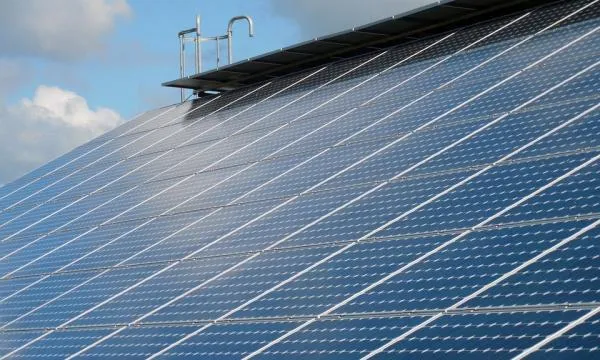
Solar FiTs not enough to boost Vietnam's investor sentiment: report
Tight deadline for the projects drives investments outside the FiT allotment.
Vietnam’s decision to grant feed-in-tariff (FiT) contracts for solar projects that can achieve commercial operations by 31 December will do little to attract further investment as projects will struggle to meet the deadline, according to Fitch Solutions’ report.
The tight deadline for solar projects to start commercial operations in order to attain FiT rates caused Vietnam’s robust renewables growth to be driven by investments outside of this initial FiT allotment.
In early April, the government finalised the solar feed-in-tariffs (FiT) at USc7.09/kWh for ground mounted plants and USc7.69/kWh for floating plants, whilst rooftop solar maintains the high rate of USc8.38/kWh.
Policy uncertainty in the market also poses a threat to investor sentiment, whilst the sudden shift toward auction-style tendering could turn away some investors, as it remains uncertain on how prices and returns will fare in Vietnam.
For developers with existing PPA contracts, it is also unclear if the ‘force majeure’ clause will allow extensions to commercial operations deadline, as the relevant legislation remains vague.
Furthermore, the transmission infrastructure development has not kept pace with the rapid capacity growth in the country, causing grid overload and renewables curtailment in recent months. Some wind and solar plants were forced to reduce their output as a result.
On a positive note, the Electricity Regulatory Authority of Vietnam (ERAV) has identified a suitable Direct Power Purchase Agreement (DPPA) model for Vietnam, and are now finalising decisions and developing a pilot programme. The size of the programme is expected to range 400-1000MW, and will be available nationwide according to the latest proposal submitted by the MOIT.
The report noted that the government remains highly committed to boosting the country’s renewables growth and intends to draft a new power development plan by June, which will focus more directly on the development of non-hydropower renewables.








![Cross Domain [Manu + SBR + ABF + ABR + FMCG + HBR + ]](https://cmg-qa.s3.ap-southeast-1.amazonaws.com/s3fs-public/styles/exclusive_featured_article/public/2025-01/earth-3537401_1920_4.jpg.webp?itok=WaRpTJwE)
![Cross Domain [SBR + ABR]](https://cmg-qa.s3.ap-southeast-1.amazonaws.com/s3fs-public/styles/exclusive_featured_article/public/2025-01/pexels-jahoo-867092-2_1.jpg.webp?itok=o7MUL1oO)









 Advertise
Advertise


